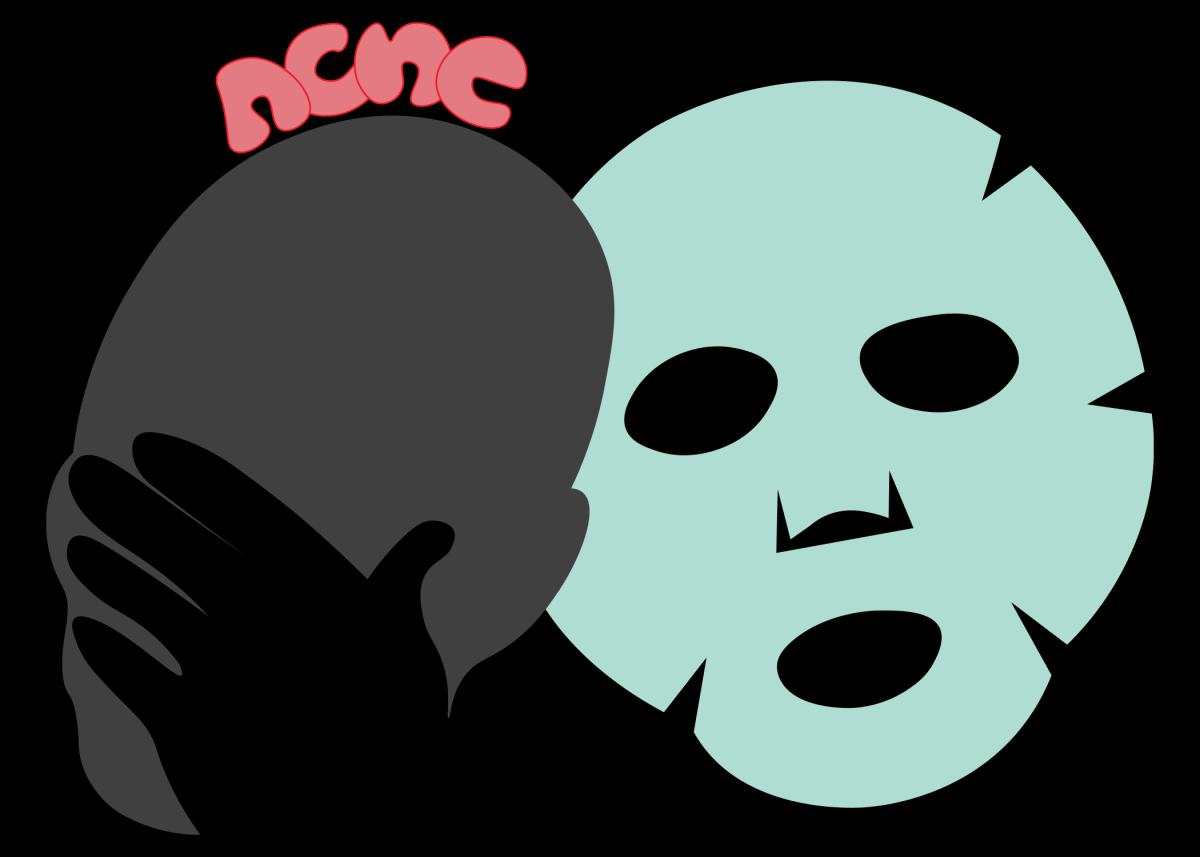MSD students share experiences and opinions on procrastination and why they do it
Students may decide not to do homework early despite having days to complete it due to their procrastination habits. For many individuals, procrastinating can lead to stress and sleep deprivation.
October 28, 2022
The question of whether one should engage in productivity or procrastination is a battle played out in the minds of teenagers on a daily basis. Conjuring up an excuse or some semblance of justification in order to push off a task, especially a school-related one, is a technique that the majority of students have skillfully mastered. Yet, most do it so naturally and without a second thought, that why it is done in the first place is not often considered.
What is truly to blame for this bad habit, and whether prevention is possible, has been glossed over in favor of students’ continuing complicity in it.
Since procrastination is so common within academic settings, Marjory Stoneman Douglas High School students have a variety of opinions and experiences regarding the matter. Studies by National University have shown that at least 86% of high school students have admitted to procrastinating on assignments, proving just how recurrent the phenomenon is.
What a student is procrastinating on plays a key role in why students choose to procrastinate at all. Many choose to put off a task if they do not enjoy it or find it uninteresting and dull; if something seems unappealing, it makes them want to do it less, thus they push it off more.
A teenager’s level of comfort with their teacher also influences subject-based procrastination, as they may fear asking for help or clarification on an assignment.
“I mostly procrastinate on things I don’t enjoy or are tedious to do,” freshman Annie Etienne said. “At the same time, if it was essential to my learning, I would be putting it off just because I don’t want to ask for help from the teacher or the class in general is not the most enjoyable.”
Furthermore, mental health is one of the most prevalent concerns of today’s teens and is something that is most widely thought of as a cause for procrastination. An article done by Solving Procrastination states that self-control and motivation are what students rely on to complete an assignment in a timely manner. When exhaustion, anxiety and other mental health issues outweigh a student’s levels of motivation and self-control, procrastination occurs.
Perfectionism, fear of negative feedback, a distracting or negative work environment, unclear end goals, difficulty finding a starting point, lack of motivation, resentment and laziness are all other potential instigators of procrastination.
Laziness, while the stereotypical response, is one that many teens admit to. After all, it is perfectly normal for someone to push off doing something because they do not feel like it, are not in the mood or just do not want to. After returning from summer especially, teens are working to readapt to the obligation of schoolwork.
“As of recent, unfortunately, I would blame [my procrastination] on laziness since I have only majorly started doing it since the beginning of school,” Etienne said. “Part of me is still transitioning from summer break. Not regarding the past few months though, the only specific reason I would end up procrastinating is because I generally wasn’t feeling good mentally.”
Other times, difficulty getting started with an assignment is what causes a student to delay doing an assignment. A lot of teens find that they work better when they have a set plan and place to begin; when they lack one, it severely stunts their efficiency in completing a task.
“I procrastinate whenever I don’t have a plan to execute because I don’t know where to begin,” sophomore Pretty Anu said. “I procrastinate on long term goals and projects caused by a poor execution of or lack of a plan. Personally, I think long term goals are harder to keep track of, given the fact that I can’t see the end result.”
In relation to preventing procrastination, teens believe that breaking tasks up into smaller, more manageable steps, is the best way to increase productivity. Another commonly used method is to create a more enjoyable work environment, whether that be by playing music or eliminating distractions.
Yet, while teens admit to procrastination and their participation in it, they seem to express the sentiment that they do not often do it to the extent where it affects their academic performance. As students, they feel they have rather mastered the art of procrastination to the point where they are comfortable stating that late or missing assignments are not typically due to procrastination but other things entirely.
“For me personally, procrastination does not at all affect my school performance,” Etienne said. “I do try my best to at least do something the day before, instead of doing it the hour or minute before. Though that does happen sometimes, I have never turned something in late due to procrastination.”
Thus, while procrastination is such a predominant issue, particularly among students, there are varying reasons for doing it and experiences dealing with it. These experiences are not universal and often differ from person to person; therefore, teens should reflect on their own needs to combat the phenomenon individually.























![(left to right) Seniors Stephanie Bilsky and Gracyn Haynes sport the DECA symbol, a triangle, at their first career fair, hosted on Dec. 6, 2023. The career fair had 12 business for students to explore and ask questions about. What we wanted to do is just take what weve learned [in DECA] and expand it to those students who arent enrolled in this class and dont have access and then just kind of take it to the community and allow students to discover their future as well, Haynes said.](https://eagleeye.news/wp-content/uploads/2024/01/9n9MEiC72JCfrptYKrZhoKhKscuboBiEju33GYeA-600x400.jpg)
